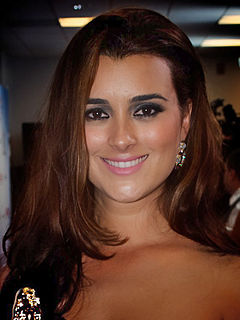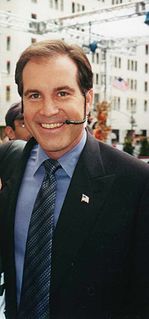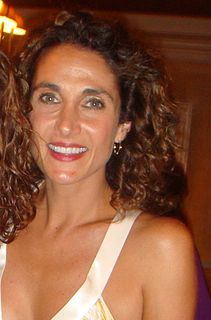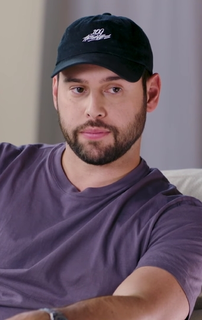A Quote by Deepak Chopra
If you want to avoid Alzheimer's disease, sleep 8 hours a night.
Related Quotes
I regarded finding I had a form of Alzheimer's as an insult, and I decided to do my best to marshal any kind of forces that I could against this wretched disease. I have posterior cortical atrophy or PCA. They say, rather ingenuously, that if you have Alzheimer's it's the best form of Alzheimer's to have.
When you go to bed at night, you get seven or eight hours of sleep. I've had enough sleep. I've rested, and it's as simple as that. I want to do it now. I didn't want to three years ago. I was waiting until it felt right. I wanted to get back to falling in love with my guitar again, and hanging out with my guitar like I would a friend.

































